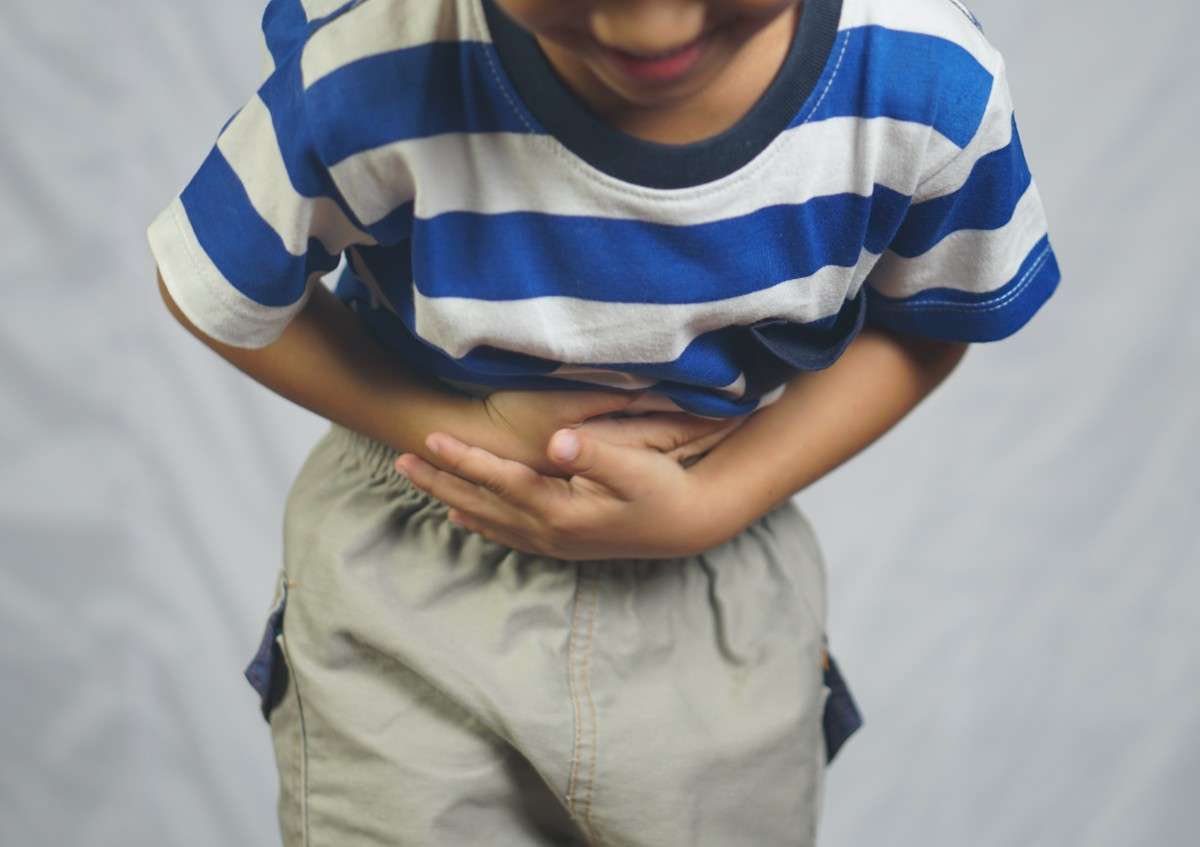

As a parent, have you ever noticed your child complaining of stomach pain, feeling unusually tired, or having trouble eating? These could be signs of a common but often ignored problem—worm infections. While it may seem harmless at first, worm infections in children are more common than most parents realize and can lead to serious health issues. Without proper care, these infections can affect your child’s growth, energy levels, and overall well-being. The good news is that regular deworming can protect your child from these health risks and ensure their healthy development. If you're unsure about when to start deworming or how often it should be done, it's important to learn the signs and take preventive action.
Deworming is the process of giving medicine to children to remove worms from their intestines. Worms like roundworms, hookworms, and tapeworms can live in the digestive system, causing discomfort and health problems. These worms can be picked up from contaminated food, water, or even from contact with dirt. Deworming medications are safe and effective, and they help remove these harmful worms from the body.
Deworming is not just about removing worms—it plays a crucial role in your child's overall health and growth. Worm infections can lead to several health problems, such as:
• Nutrient Deficiency: Worms can interfere with the body’s ability to absorb essential nutrients from food, leading to malnutrition.
• Poor Growth: When children suffer from worm infections, they may not grow as fast or as healthy as they should.
• Weak Immunity: A child with a worm infection may have a weaker immune system, making them more prone to other illnesses.
By deworming your child regularly, you can prevent these issues and help them grow strong and healthy.
The ideal time for deworming depends on your child’s age and the local health recommendations. In many countries, including India, it is advised to deworm children every six months, starting at the age of 1. However, it's important to consult with a healthcare professional for the right timing based on your child's health and environment.
Here are some key signs that it might be time to deworm your child:
• Abdominal Pain: If your child often complains of stomach pain or cramps, it could be a sign of a worm infection.
• Loss of Appetite: Worms can cause a decrease in appetite, making your child not want to eat.
• Itchy Bottom: If your child scratches their bottom frequently, it could be a sign of pinworms, which are common in children.
• Diarrhea or Vomiting: Worm infections can sometimes cause digestive issues like diarrhea and vomiting.
• Weight Loss or Weakness: Children with worm infections may experience unexplained weight loss or weakness.
Deworming in children is a simple yet essential practice to ensure your child’s health and growth. Regular deworming helps prevent malnutrition, supports immune function, and promotes proper growth. If you’re unsure when to deworm your child or if you suspect they have a worm infection, don’t hesitate to visit Supra Multi Speciality Hospital. Our team of pediatric experts can provide the right advice and treatment for your child’s health.
 Nutrition and Healing After Cancer Surgery: What Our Experts Recommend
Nutrition and Healing After Cancer Surgery: What Our Experts Recommend
 Deworming in Children: Why It’s Important and When to Do It?
Deworming in Children: Why It’s Important and When to Do It?
 Adapting Prenatal Care for Seasonal Climate Changes
Adapting Prenatal Care for Seasonal Climate Changes
 Managing Pregnancy Under Extreme Summer Heat: Tips for Expectant Mothers
Managing Pregnancy Under Extreme Summer Heat: Tips for Expectant Mothers